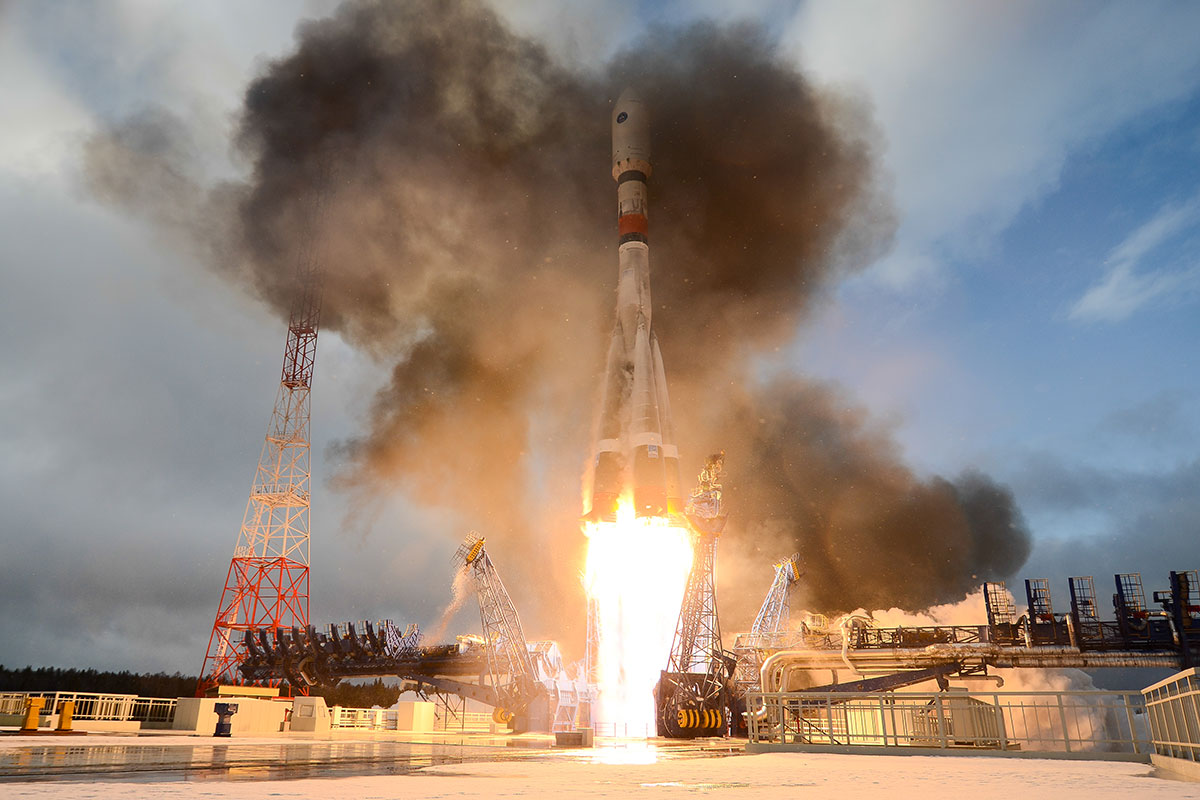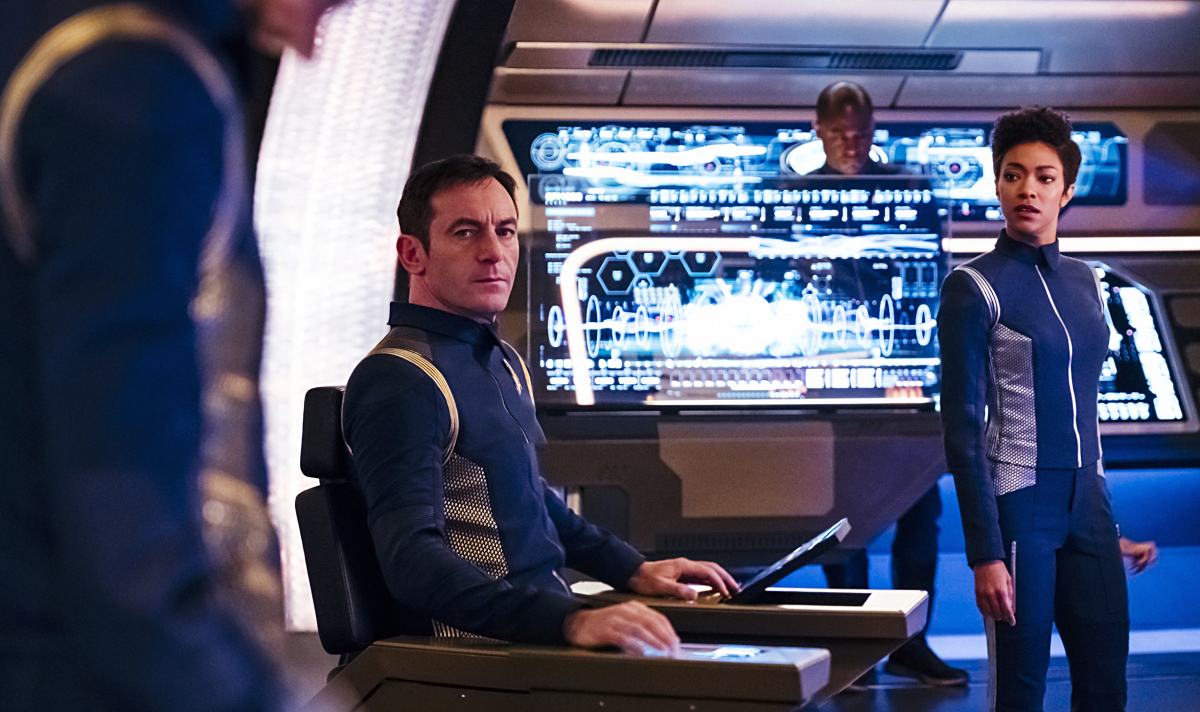Rocket glitch fixed, Russia launches satellite to enhance military communications
Russia successfully launched a military communications satellite into orbit Thursday (Feb. 20). The launch took place about one month later than planned due to a technical issue.
A Soyuz-2.1a rocket blasted off at 3:24 a.m. EST (0824 GMT or 11:24 a.m. Moscow time) from the Plesetsk Cosmodrome in northern Russia, according to Russian space agency Roscosmos.
"The launch of the launch vehicle, and the launch of the satellite into the calculated orbit, took place as usual," Roscosmos said in a statement, which was translated into English using translation software.
Video: Russia launches military satellite atop Soyuz rocket
Related: Russia's space centers and launch sites in pictures
Ground controllers have received telemetry (or data) from the deployed spacecraft, which is called Meridian M, showing that the spacecraft is working normally so far, Roscosmos said.
The rocket was supposed to lift off on Jan. 24, but the launch was delayed due to a technical problem in the Soyuz's third stage, according to Chinese space media Xinhua. "The Soyuz-2 rocket had to be removed from the launch pad and returned to the assembly and testing facility to fix the problem," Xinhua said.
Meridian M is supposed to help ships and reconnaissance aircraft communicate along the northern sea region of Russia, as well as help expand satellite communications stations in more remote regions in Siberia and the Far East, Roscosmos added.
Breaking space news, the latest updates on rocket launches, skywatching events and more!
This is the first Soyuz-2 rocket family launch of 2020 from Plesetsk. In late December, a Rockot booster converted from an intercontinental ballistic missile successfully launched from Plesetsk, with three Gonets-M communications satellites on board. Rockot may also have carried a military payload, called Blits-M, that is meant to reflect lasers, according to industry-monitoring website RussianSpaceWeb.com.
- 2 Russian satellites are stalking a US spysat in orbit. The Space Force is watching. (Report)
- Space calendar 2020: Rocket launches, sky events, missions & more!
- Russia replaces 2 cosmonauts on next space station crew, citing medical reasons
Follow Elizabeth Howell on Twitter @howellspace. Follow us on Twitter @Spacedotcom and on Facebook.
OFFER: Save at least 56% with our latest magazine deal!
All About Space magazine takes you on an awe-inspiring journey through our solar system and beyond, from the amazing technology and spacecraft that enables humanity to venture into orbit, to the complexities of space science.
Join our Space Forums to keep talking space on the latest missions, night sky and more! And if you have a news tip, correction or comment, let us know at: community@space.com.

Elizabeth Howell (she/her), Ph.D., was a staff writer in the spaceflight channel between 2022 and 2024 specializing in Canadian space news. She was contributing writer for Space.com for 10 years from 2012 to 2024. Elizabeth's reporting includes multiple exclusives with the White House, leading world coverage about a lost-and-found space tomato on the International Space Station, witnessing five human spaceflight launches on two continents, flying parabolic, working inside a spacesuit, and participating in a simulated Mars mission. Her latest book, "Why Am I Taller?" (ECW Press, 2022) is co-written with astronaut Dave Williams.


